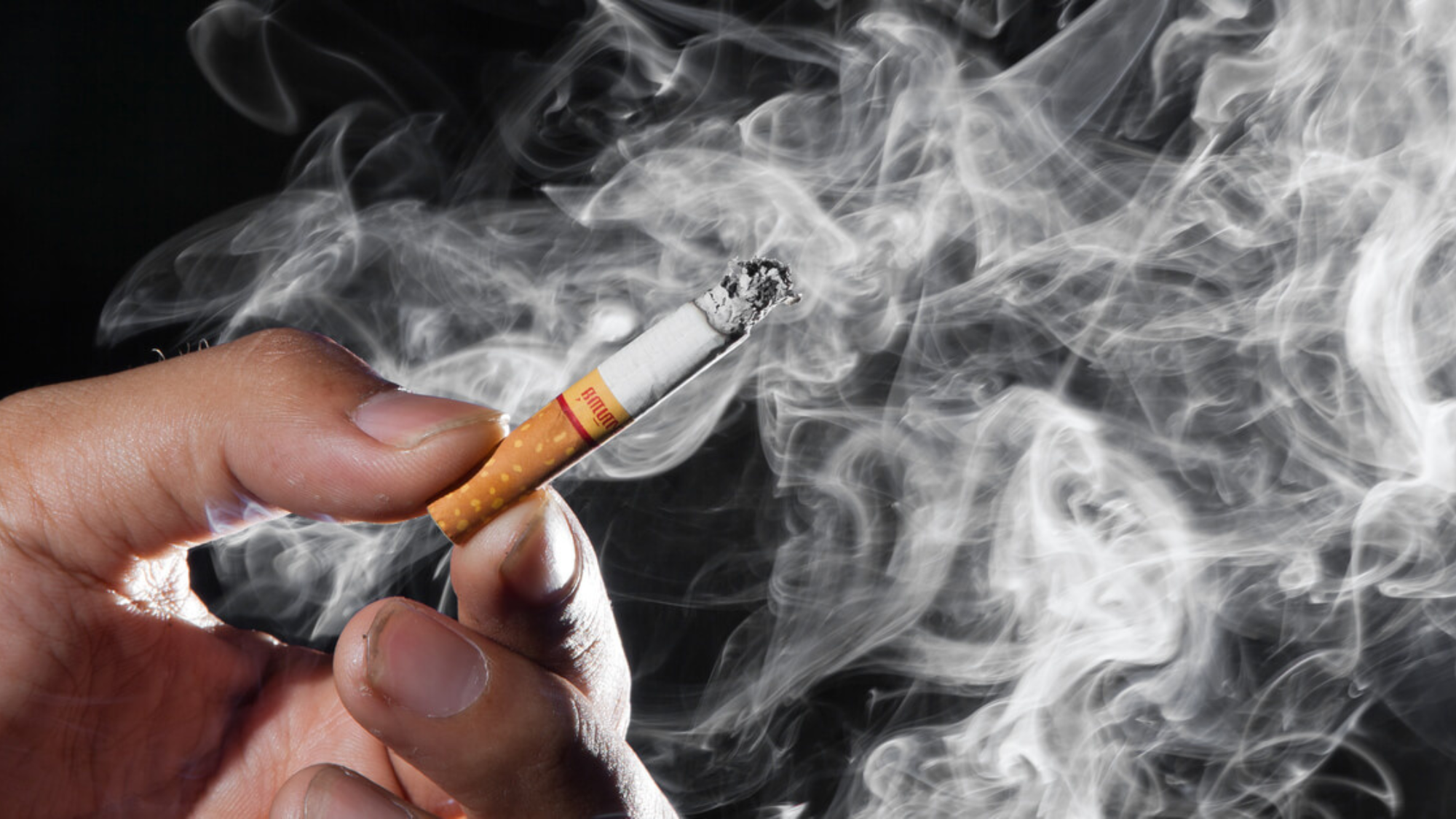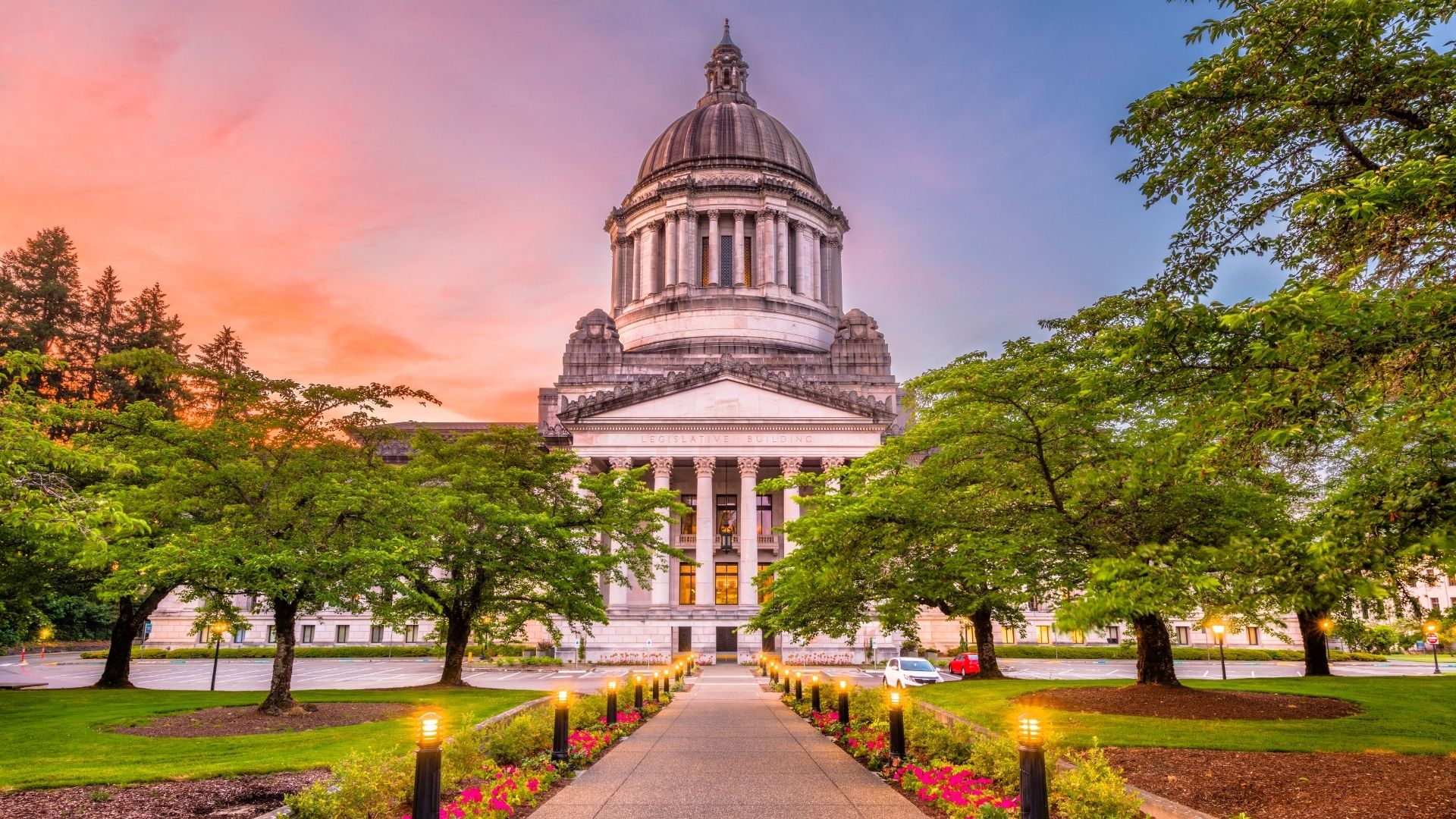
Washington lawmakers are considering two major tax proposals, HB 2033 and HB 1416, that target tobacco, vapor, and nicotine products. While both bills are being discussed as “necessary to implement the budget” (NTIB) and are projected to bring in significant revenue, there’s strong evidence that increasing taxes in this space may drive more consumers to the unregulated market, leading to greater revenue losses in the long run.
What the Bills Would Do
- HB 2033 would impose a new tax on nicotine pouches, which are currently untaxed in Washington. The goal is to treat these emerging products similarly to other nicotine-delivery methods in the tax code.
- HB 1416 proposes increasing the tax rates on cigars, vapor products, moist snuff, and other tobacco products. The bill raises the overall tobacco tax rate from 95% to over 100% and increases the cap on per-cigar and per-milliliter taxes on vapor liquids.
Revenue Projections vs. Reality
Lawmakers project that HB 2033 could generate approximately $50.4 million in new revenue over the next two years, while HB 1416 is expected to bring in around $25.2 million during the same period. These figures, however, reflect gross projections and do not account for the costs of implementation, enforcement, or economic displacement.
More importantly, these projections overlook a critical reality: Washington is already one of the leading states in the nation for tobacco and nicotine product smuggling. Without addressing this ongoing issue, increasing taxes could unintentionally push more consumers toward untaxed, unregulated, and illicit markets—undermining both the state’s public health goals and the projected revenue gains these bills are intended to deliver.
According to research from the Tax Foundation:
- Washington ranks the 5th in the nation for smuggled tobacco and nicotine products.
- In 2022 alone, Washington lost an estimated $179 million due to tobacco smuggling
- The state forfeited approximately $4.3 billion between 2007 and 2022 in lost tobacco tax revenue.
- States with higher excise taxes consistently see higher rates of smuggling, particularly when neighboring states have lower taxes or no taxes on certain products—such as nicotine pouches.
In short, increasing taxes on tobacco, nicotine, and vapor products could worsen the unregulated market, hurt legitimate retailers, and cost the state far more than it hopes to collect. The Washington Retail Association will continue engaging with lawmakers and providing updates as these proposals move forward.

